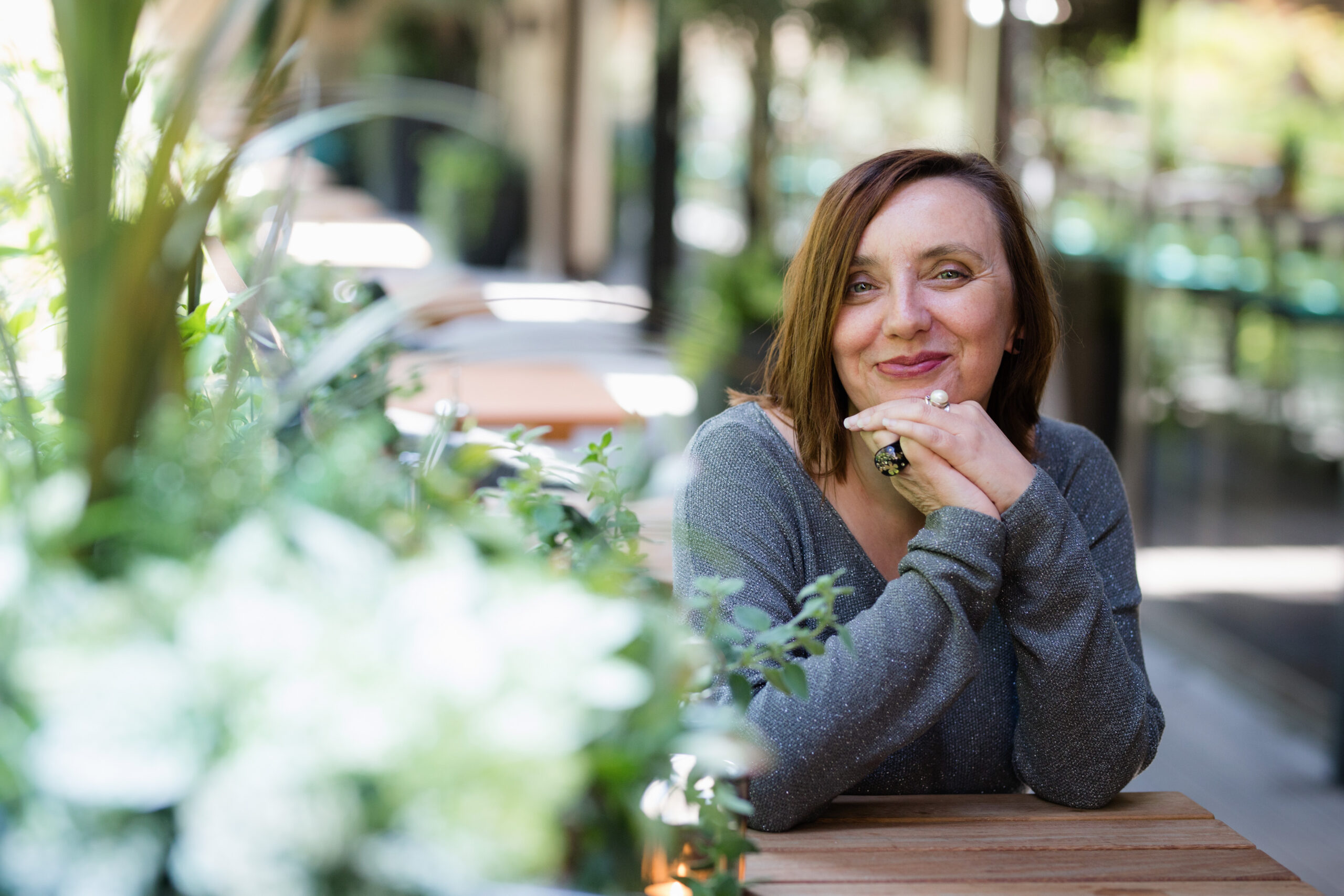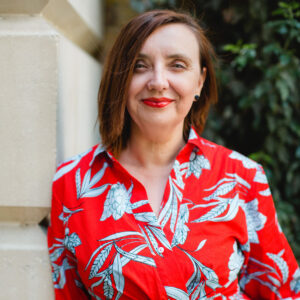
28 Sep My Mental Health: Therapist Paula Gardner
The first in our Mental Health For Entreprenuers Series…
Paula Gardner is a business psychologist, coach and founder of The Good Therapy Practice, seeing clients online and in Folkestone and Canterbury, Kent.
What’s a typical work day look like for you?
I’m usually up by eight, and working by ten. I like a bit of a slow start to my day! I tend to see my business consultancy clients in the mornings, and therapy clients in the afternoons, although this can vary. I work in Canterbury one day a week, seeing therapy clients at the Umbrella Centre. The rest of the time I am seeing clients via Zoom or in person in Folkestone. If I’m not seeing clients then I’m likely to be doing things like writing blogs and articles, or catching up on work reading. At the end of each day I write up my client case notes, review my to-list for the next day and reread case notes for any clients I will be seeing the next day. I only do therapy one evening a week, and work every other Saturday morning, so most evenings and weekends are my own.
Why is mental health so important for business owners?
It’s important for everyone, but business owners face extra pressures. These apply whether they are a freelancer working with a handful of clients, or a growing business owner who is making decisions that impact their employees’ ability to pay their bills and mortgages. Business owners carry a lot of responsibility on their shoulders, making decisions that impact the future of their business every day. Entrepreneurs, and freelancers in particular, are susceptible to feelings of isolation, as they are often working solo. Finally, if you’re ill or grieving, you generally have to just get on with it. It’s a big decision to take a day off, unless you’ve been very wise and set your work up to allow you to do so.
What have been your biggest mental health challenges?
I have been knocked sideways by grief more times that I care to remember, the most recent being when my father died at the beginning of the first lockdown. Incidentally, work kept me going at that time. The structure and companionship (even on Zoom) gave me connection, community, meaning and purpose, vital needs as identified by the Human Givens.
What three things have you done, or are doing that help boost your mental health?
I moved to Folkestone, and just being able to take walks along the coastline has been hugely beneficial. Even on a wet and windy day they are invigorating. During lockdown in London, I only had access to a school playing field for exercise, and I remember walking round and round that field as though I was a prisoner!
I also try and take at least an hour out a week, just sitting in a coffee shop with a notepad. I’ll use that time to journal and check in with myself. Am I doing too much? Am I doing what I want? Who would I like to spend time with right now? Am I getting enough exercise and doing enough fun things? Often, if I’m not careful, they can turn into to-do list sessions, so I have to force myself to pull back and be more reflective. This weekly check in really helps me consider if what I am spending my time on is serving me well.
Finally, I don’t own a car. This means that not only am I not worrying about paying for it, but I am forced to walk. I’ve always worked a lot; even my schools tended to be at least a half hour walk away when I was a child. Walking always lifts my mood and, like that coffee shop and notebook time, helps me feel grounded. If I travel, I travel by train. This means that I can settle down with a good book, or Audible book on my headphones, and relax.
Are there any books you have found helpful?
 Reading self-help and psychology books is work for me, so I find it most helpful to lose myself in fiction. I’ve always been a Thomas Hardy fan, ever since I did The Return of The Native at school. Picking up one of his books is like putting on a pair of soft, comfortable slippers. I also love the thrill of discovering new authors and realising they’ve written a whole library of books I have ahead of me!
Reading self-help and psychology books is work for me, so I find it most helpful to lose myself in fiction. I’ve always been a Thomas Hardy fan, ever since I did The Return of The Native at school. Picking up one of his books is like putting on a pair of soft, comfortable slippers. I also love the thrill of discovering new authors and realising they’ve written a whole library of books I have ahead of me!
Interestingly, I often find that clients tell me they can’t read when they are going through something. It’s as if their brain hasn’t got the capacity to concentrate. I know that things are improving for them when they can finally pick up a book again. That’s why I really encourage my clients to read, whether it’s magazines or page turning pot-boilers. Books, physical books are better too as we spend so much time on gadgets.
Are there any ways you sabotage yourself and what do you do about it?
I pack out my diary far too much. I like doing things, seeing people and feeling busy. However, this doesn’t leave much time for rest and sometimes it can catch up with me. I now book in rest times, just like meetings and appointments. I am a member of a local health club with a pool, and spend one afternoon a week there. I also book myself in for art classes on a regular basis. That enforced creativity and chat with others again helps me turn off. Finally, as well as my online calendar, I still use a physical diary. This lets me see, at a glance, how busy a week is looking. Too much writing on the pages and I know I shouldn’t be taking on any more.
It’s been a hard lession, but i’ve learned the value of having my own space.
What have you found is bad for your mental health?
Too much sugar doesn’t make me feel great about myself, although I do find it hard to turn down a cake when I have a coffee. Staying in and doing nothing, watching too much TV (usually box-sets), in fact anything that makes me feel like I am stagnating. I do suffer from SAD (seasonal affective disorder) which means that I can get quite tired and a little down in the winter months, but a lightbox really helps with that. I also haven’t really felt the full brunt of it since moving to the seaside at Folkestone and getting out and about much more. So who knows, perhaps it’s a thing of the past.
Do you have any mental health advice for other entreprenuers, business owners and freelancers out there?
Start noticing what makes you tick and what makes you feel bad. It sounds simplistic but so many of us don’t even think about what we enjoy doing on a daily basis. It’s not the big things, the cars and the holidays, that help determine our happiness. It’s things like allowing ourselves to savour a really good mug of Earl Grey and watch the birds in the garden before we get going on our day. How many moments like this are you allowing yourself to have?
Choosing a psychotherapist who understands business can be really useful. If you’d like to book a therapy session with Paula you can contact her here, or book an appointment here.
